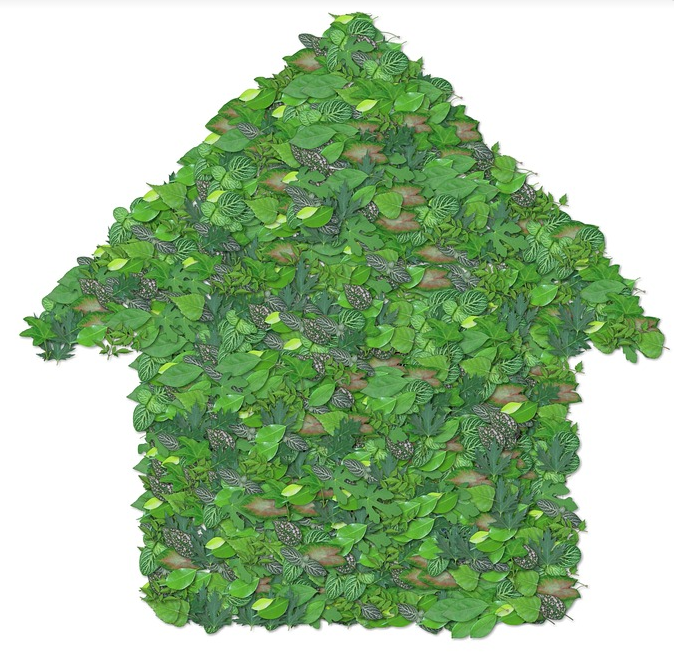6 Tips To Make Your Home A Healthier Place To Be

A great deal of time is spent in our homes, and most of us pay some attention to home safety. We implement fire protocols, avoid slip and fall accidents and make sure wiring is safe. Although all of these things are great to help keep us safe, what are we doing to keep ourselves and our homes healthy?

Homes that were built prior to 1978 were decorated with lead-based paints. Even if the paint is covered with modern paint coatings, lead dust can be stirred up during simple renovations. Children inhaling or ingesting chips or dust are at great risk for learning and developmental problems. Lead leached into water supplies from aging pipes is another danger. Call the National Lead Information Center at 800-424-LEAD to inquire about an inspector who can measure the lead levels in your home.
When radon gas first came to the fore as a household danger, many were prone to dismiss the idea. After all, it can’t be seen or smelled, and the only way to find out if the household environment is toxic is to test for the gas. Many still feel that radon gas may be an issue designed for inspectors to enrich themselves. Unfortunately, radon gas is the leading cause of lung cancer in those who do not smoke. Best policy: an inexpensive testing kit available at home-improvement stores. If the kit tests positive according to instructions, consider hiring a contractor certified in radon mitigation to install a piping system to remove the gas.
Insect pests are disgusting, and so are the chemicals needed to rid the home of their presence. The chemicals used to kill bugs increase possibilities of neurological symptoms and cancers. Clean up the kitchen well and inspect nooks and crannies where crumbs drop and insects feed. Weather-strip doors and windows and maintain screens.
Mold is a serious allergen, especially for children. Monitor humidity levels and dry damp areas. If carpet or furniture become water-damaged, immediately remove them. It is tempting not to take dust seriously, but it can lead to asthma and other allergies. Companies like Cape Fear Air Conditioning & Heating Co., Inc. will inspect and clean furnace vents and change filters if necessary.
Store toothbrushes where they don’t touch each other and discard them regularly, especially after someone has been ill. Clean showers and washbowls with disinfectant soap and – close the toilet lid before you flush! That toilet water erupts in fine particles onto nearby items whenever it is flushed.
Many household plants are beautiful and easy to grow, such as vines and spider plants. When established around a room they create fresh, clean oxygenation, as well as a soothing, calm corner for retreat.
Home is where the heart is, but it is also where health begins. A few simple tips can make your home the best place you can be!
